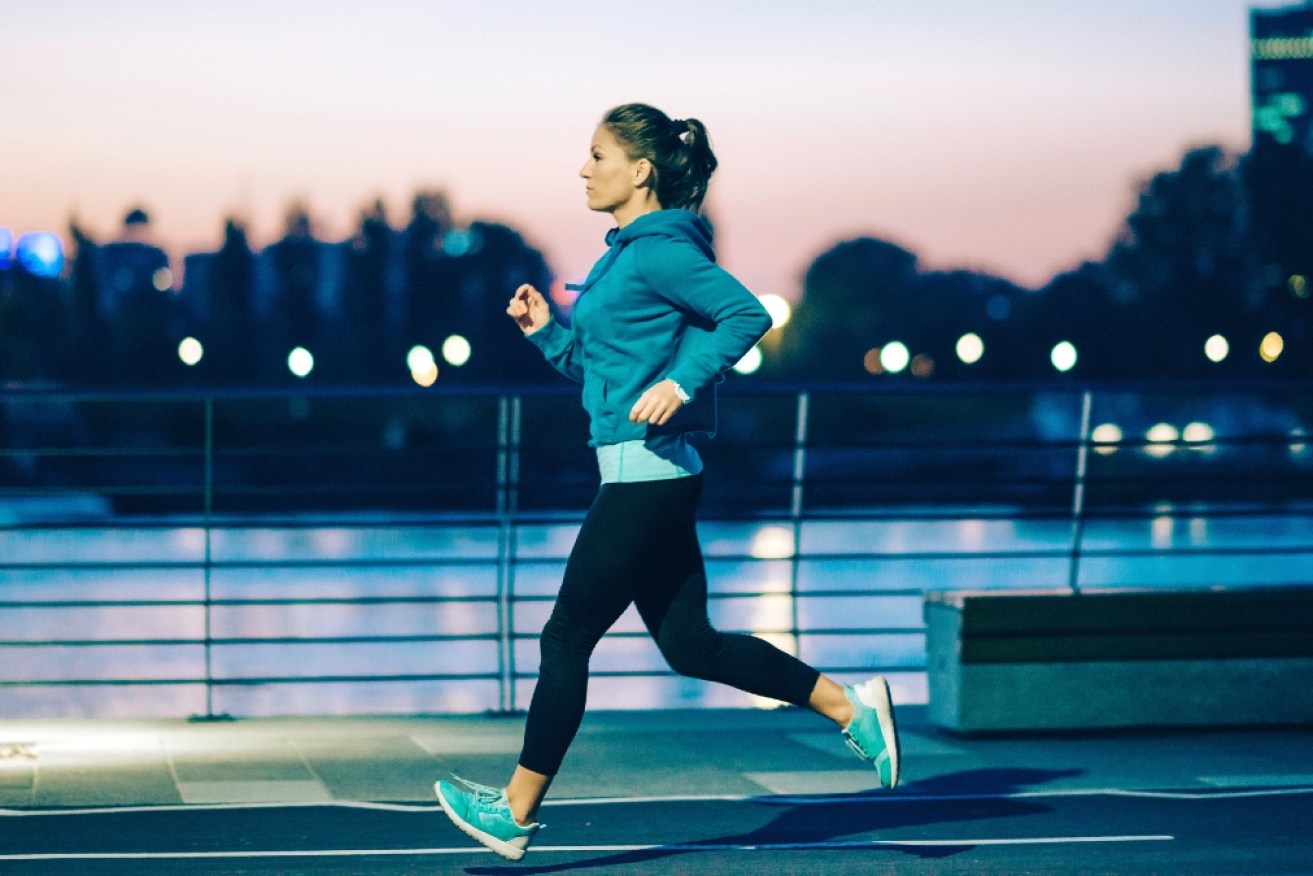Exercise later in the day is better for controlling blood sugar


Exercising later in the day led to a drop in insulin resistance of 25 per cent. Photo: Getty
If you’re keen to lose more body fat and efficiently improve your metabolic health, then it might pay to work out twice a day, morning and night.
Which is a little nutty, but the evidence is piling up that morning and evening exercise deliver different results.
If you have to choose one that is best overall for your health, and your main focus is to reduce your risk of developing Type 2 diabetes, then evening exercise is probably the way to go.
Yes, losing excess fat is an important part of protecting yourself against metabolic disease that leads to type 2 diabetes.
But there’s a lot more to it than dropping a few kilos.
As I wrote in February, evidence is emerging that our circadian clock plays a complicated role in how the different parts of the body talk to one another.
For example, faulty circadian clocks have been linked to increased risks of obesity and type 2 diabetes.
Exercise can help to ‘realign’ faulty these circadian rhythms – and this seems to occur most efficiently later in the day.
The studies that say so
Australian Catholic University researchers in 2021 found that “men who were overweight and at risk of diabetes had better overnight blood sugar control when they exercised in the early evening rather than in the morning”.
The later workouts upped the metabolic health of the evening exercisers more “than those who performed the same exercise earlier in the day”.
A new study from the Netherlands has found exercising in the afternoon or evening has a better impact on insulin resistance “when compared with an even distribution of physical activity through the day”.
Morning physical activity offered no advantages.
Insulin resistance makes it harder to control blood sugar, and the researchers “hypothesised that the insulin-sensitising effect of physical activity depends on the timing of the activity”.
They monitored the level of insulin resistance in 775 people and compared it to when they exercised, how much time they spent sitting down, and how intense their exercise was.
The researchers found that moderate to vigorous activity in the afternoon or evening was associated with reduced insulin resistance by up to 25 per cent.
A similar level of exercise in the morning or evenly distributed throughout the day failed to produce the same result.
Need more convincing?
In 2021, we reported that intensely exercising in the morning upsets blood sugar regulation, which tends to be more unstable in the morning.








